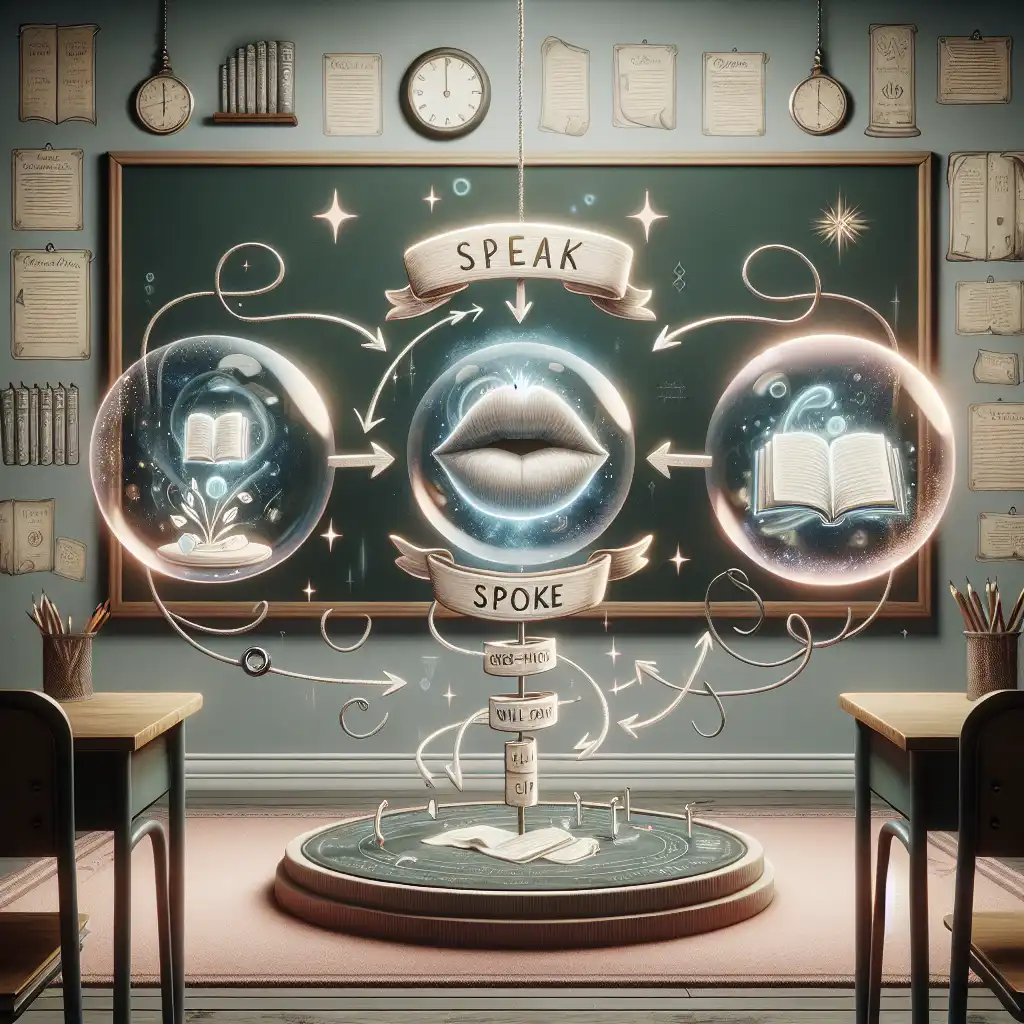
Inflection
Word Variety
Understanding inflections helps you express actions in past, present, or future.

'Speak' inflects to 'spoke' for past and 'will speak' for future.
Spelling Patterns
Some inflections follow regular patterns, making them easier to learn.

Adding 'ed' for past tense, as in 'jump' becoming 'jumped'.
Odd Exceptions
Watch out for irregular inflections that don't follow normal rules.

'Go' inflects to 'went', not 'goed'.
Compare with
AccentuateCadenceIntonationModulatePitchProsodyStressTone
WordUp Chrome Extension
As you browse the web instantly look up words you don’t know.
Get Chrome Extension



